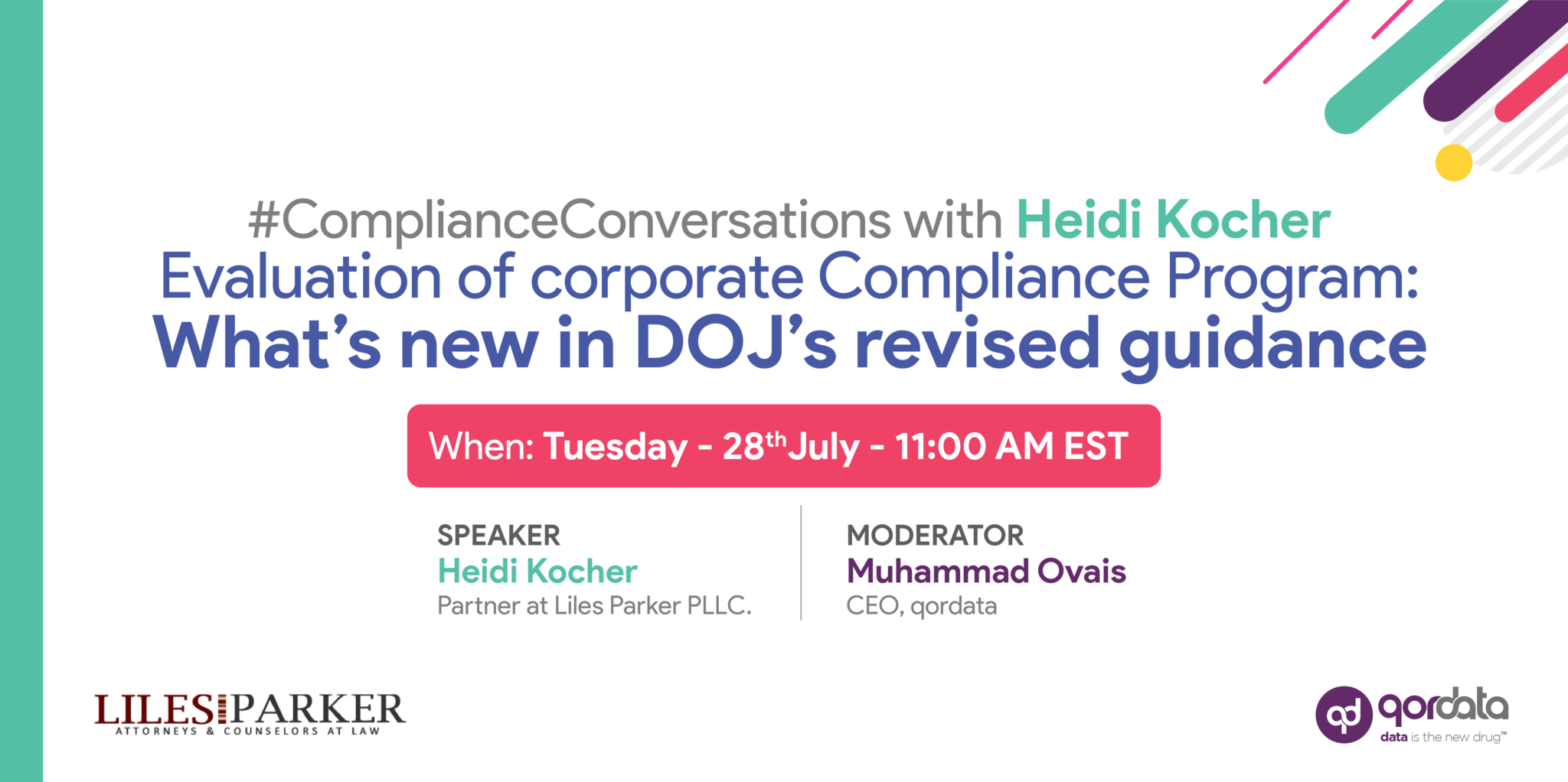Table of Contents
ToggleWhat is the Sunshine Act?
Also known as the Physician Payments Sunshine Act, the Sunshine Act was enacted by Congress in March 2010 as part of the healthcare reform law or the Patient Protection and Affordable Care Act.
The law was enacted based on the notion that the relationships between the healthcare industry and healthcare professionals should be more transparent. Ever since the enforcement of the Sunshine Act, it has become necessary for applicable manufacturers of drugs, biologicals, devices, and medical supplies covered by Medicare, Medicaid, or the Children’s Health Insurance Program (CHIP) to report certain payments or other “transfers of value” provided to physicians or teaching hospitals to the Centers for Medicare & Medicaid Services (CMS) on an annual basis.
What is Open Payments?
Designed by CMS, Open Payments is a national disclosure program that is focused on administering the transparency requirements of the Sunshine Act. Beginning in 2014, Open Payments has since deemed it necessary for applicable manufacturers to submit transparency reports to CMS through the Open Payments portal on a yearly basis. Later, the information is made publically available on the Open Payments website by CMS.
What do the Terms “Payments” and “Transfers of Value” Mean?
The term ‘payments’ refers to fees that are paid for services rendered. This includes speaker programs, consulting, and even associated approved out-of-pocket reimbursements, including parking and mileage.
On the other hand, ‘transfers of value’ are in-kind items such as airfare, meals, and/or educational materials that manufacturers pay for or provide in connection with interactions that are medically relevant with healthcare professionals and healthcare organizations.
Who is Considered a ‘Physician’ Under the Sunshine Act?
A physician will be considered a reported “Covered Recipient” as long as they have an active license in the US and possess any of the following degrees even if they are not actively practicing:
– Medical Doctor (M.D.)
– Doctor of Osteopathy (D.O.)
– Doctor of Dental Medicine (D.M.D.)
– Doctor of Dental Surgery (D.D.S.)
– Doctor of Chiropractic Medicine (D.C.)
– Doctor of Optometry (O.D.)
– Doctor of Podiatry (D.P.M.)
How are ‘Teaching Hospitals’ Defined Under the Sunshine Act?
As defined by CMS, a teaching hospital is any hospital that receives indirect medical education (IME), direct graduate medical education (GME), or psychiatric hospital IME. For the record, a list of teaching hospitals that are identified as reportable “Covered Recipients” is provided on a yearly basis by CMS.
Is it Possible for Physicians to Dispute Reported Data?
Physicians are provided with access to a secure website by CMS so they can review the payments and transfers of value attributed to them. In case there are discrepancies in the reported data, it is possible for physicians to dispute them and have them corrected.
Do Physicians and Teaching Hospitals also Need to Report Transfers of Value?
No, there is no need for physicians and teaching hospitals to collect or submit to CMS any data pertaining to payments or transfers of value that they have received. However, they may want to keep track of payments received from manufacturers just so the information can be verified and disputed (if necessary) later when it is submitted to CMS by pharma companies.
When Exactly Did the Sunshine Act Take Effect?
Reportable payments were initially tracked by companies on August 1, 2013. The data for August 1 – December 31, 2013 was submitted to the government and was subsequently published on the Centers for Medicare and Medicaid Services (CMS) Open Payments website on September 30th, 2014. With that, the data that was made available on June 30th, 2016 reflects reportable payments and transfers of value for January through December 2015. It also reflects any adjustments that were made to the previously published 2014 data.
Is a Physician Located Outside of the United States Considered a Covered Recipient Under the Sunshine Act?
As long as a physician maintains a current state license to practice medicine in any state within the United States, s/he will be considered a covered recipient under the Sunshine Act. A current state license renders physicians “legally authorized” to practice medicine, irrespective of the extent to which they do so.
Hence, any physician who maintains an active license to practice in the United States is considered a covered recipient. With that, all payments that are made to such a person need to be reported, even if the services are rendered outside of the U.S.A.
The only exception to this classification is in case a physician is a bona fide employee of an applicable manufacturer who is required to submit reporting information under subsection (a) of Section 1128G of the Social Security Act.
Other Relevant Reads:
- Solving Open Payments Disputes
- The Facts About Open Payments Data in 2024
- Best Practices To Ensure Compliance with Open Payments Sunshine Act
- Increase the Effectiveness of Your CMS Open Payments Reporting Program
- Natures of Payment: Payments Categories Explained
- Sunshine Act Reporting Deadlines for 2024: Federal and State Requirements



